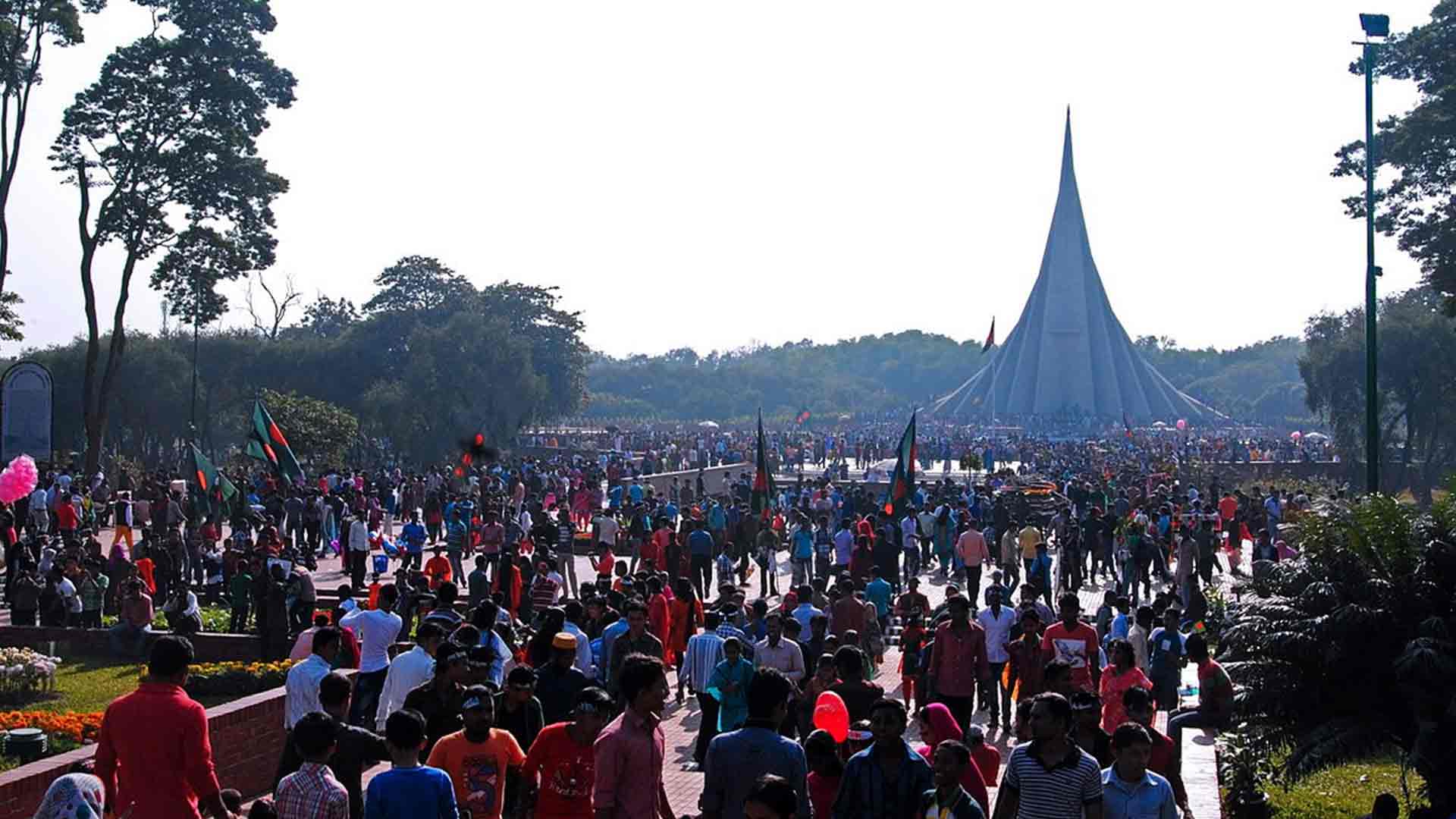Victory Day of Bangladesh
Victory Day (Bijoy Dibosh) is commemorated with respect, pride, happiness, and reflection in Bangladesh every year on 16 December. This day marks a victory in the nine-month-long struggle of the Bangladesh Liberation War of 1971—the day the mid-1970s Southeast Asian nation won independence from Pakistan. In Bangladesh, 16 December is not just a date but a symbol of a nation’s resilience, sacrifice, and indomitable spirit.
2: Historical Background: The Road to Freedom
The seeds of Bangladesh’s independence were laid in the socio-political snags between East and West Pakistan after the division of India in 1947. The West Pakistani ruling elite economically exploited, politically marginalised, and culturally repressed East Pakistan despite its being a significant population hub.
The drama unfolded following the 1970 general elections, which saw the Awami League, led by Sheikh Mujibur Rahman, sweep the polls, winning 167 out of the 169 seats allocated to East Pakistan within the national assembly. This left the Awami League with a comfortable majority in the 313-seat parliament. However, the West Pakistani leadership was not willing to transfer authority and resorted to political brinkmanship and military aggression.
Using brute force, the Pakistani military-initiated Operation Searchlight against the people of East Pakistan, particularly the students, intellectuals, and political activists, on the night of 25 March 1971. This was the start of the Liberation War.
The War of Liberation: A Story of Sacrifice and Struggle
The war for independence continued for nine months, during which millions of Bengalis, men, women and children lost their lives. The atrocities committed by the Pakistani military included mass killings, the evacuation of an estimated 10 million refugees to India and the weaponisation of sexual violence. However, it took the international community some time to respond as evidence of genocide mounted.
Led by Sheikh Mujibur Rahman and aided by the Mukti Bahini (Freedom Fighters), the people of East Pakistan resisted valiantly. After Pakistan had attacked Indian airfields on December 3, 1971, – India, which had been sheltering millions of refugees and training the Mukti Bahini, formally intervened.
Victory Day of 16 December 1971
On 16 December 1971, the Pakistani army enlisted General A. A. K. Niazi to surrender to the joint forces of the Indian Army and Mukti Bahini at Racecourse Ground (now known as Suhrawardy Udyan) in Dhaka. The surrender ended the war and established Bangladesh as an independent country.
The surrender instrument was signed before Lieutenant General Jagjit Singh Aurora of India and thousands of jubilant Bangladeshis. It is remembered as the day when the country emerged as a winner, and the aspiration of millions who lost their lives for freedom was fulfilled.
The Legacy of 16 December
Different events and ceremonies are held across the country to celebrate Victory Day. The day starts with the hoisting of the national flag and wreath-laying ceremonies at the National Martyrs’ Memorial in Savar, paying homage to the martyrs who sacrificed their lives for independence. This day also details morning parades, cultural programs, and public gatherings that show the patriotic zeal and solidarity of the citizens.
But for most, 16 December is also a time to remember the sacrifices of those who suffered unimaginable hardships during the war. It is a sad yet poignant reminder that we must fight to uphold the ideals of justice, democracy and equality that built this nation.
Conclusion
For the people of Bangladesh, 16 December is not another date on the calendar; it represents their collective strength, resilience, and eventual pursuit of a brighter future. The day brings the nation together to thank those who paid such a high price to win freedom. Victory Day holds a special place in the hearts of the Bangladeshi people and reflects the nation’s resilience and determination.
Education and healthcare have made tremendous progress, and economic benefits have been gained. But the memory of 1971 is a touchstone for the nation that can help it uphold the ethos of justice, equality, and democracy.
Victory Day in Bangladesh has been marked by people who dared to hope, dream, and fight to gain their freedom. In the process, they made sacrifices, and today, that red and green flag that flies across the whole country carries within it the stories of those people.

